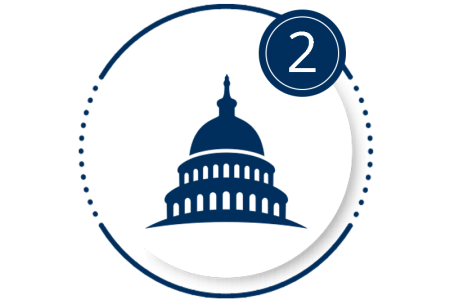2026 AADA Legislative Conference

Save the date for the 2026 AADA Legislative Conference, held September 13-15 in Washington, D.C.
Weren't able to attend the 2025 Legislative Conference?
Catch up on the sessions in the AAD Learning Center.
Get StartedWhen
Sept. 13-15, 2026
Where
J.W. Marriott
1331 Pennsylvania Ave. NW
Washington, D.C. 20004
What to expect
Attending the 2026 AADA Legislative Conference is as easy as 1, 2, 3. You can expect:

Two days of networking and learning from political and policy experts.

A day of meetings on Capitol Hill with other dermatologists from your state where you'll ask Congress to fix Medicare physician payment.

Support from the AADA’s grassroots staff, including pre-conference information to help you prepare. The AADA schedules all your Congressional meetings – you just need to show up!
 Find a Dermatologist
Find a Dermatologist
 Member directory
Member directory
 AAD Learning Center
AAD Learning Center
 2026 AAD Annual Meeting
2026 AAD Annual Meeting
 Need coding help?
Need coding help?
 Reduce burdens
Reduce burdens
 Clinical guidelines
Clinical guidelines
 Why use AAD measures?
Why use AAD measures?
 Latest news
Latest news
 New insights
New insights
 Physician wellness
Physician wellness
 Joining or selling a practice?
Joining or selling a practice?
 Promote the specialty
Promote the specialty
 Advocacy priorities
Advocacy priorities
